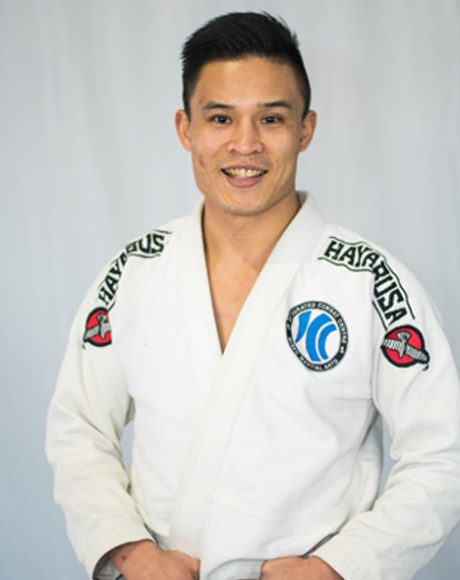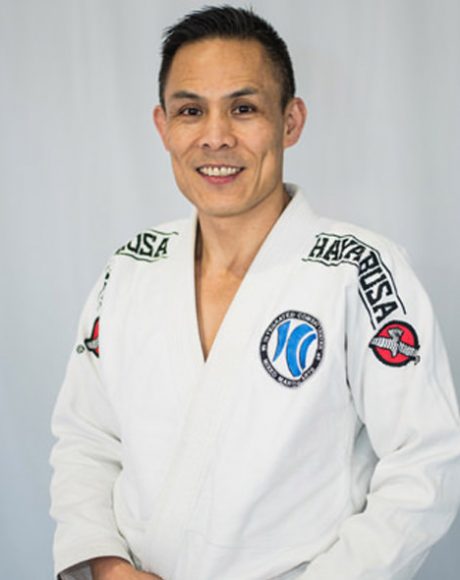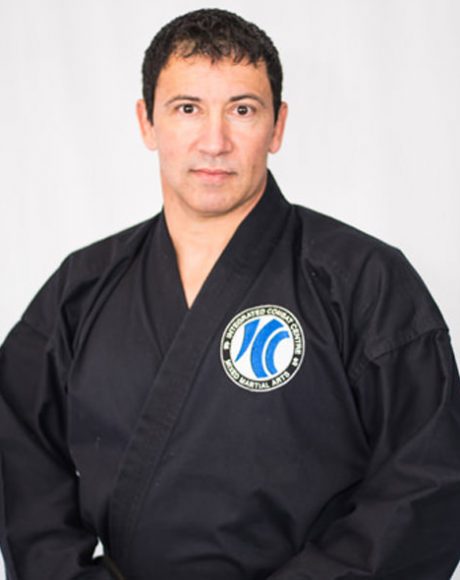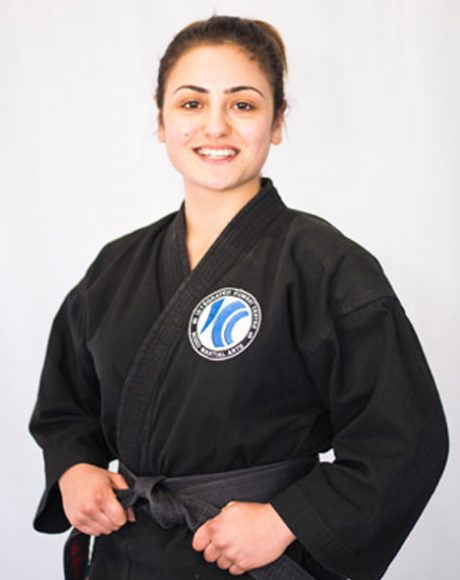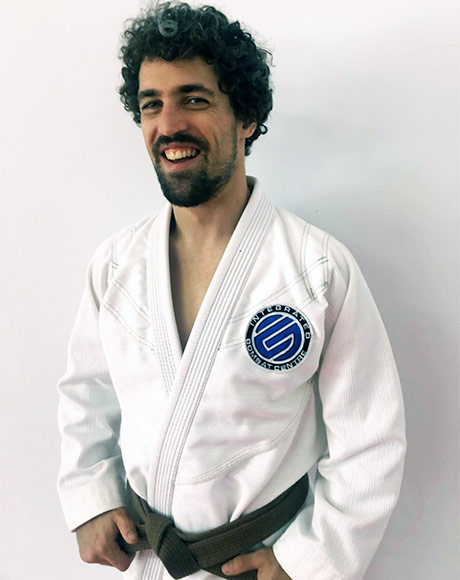What do BJJ and MasterChef have in common?
When I was training BJJ in Hong Kong, I was fortunate enough to have met some great people and make some great friends. One of the conversations which have resonated with me was with a white belt. His name was Que, and he was a chef who owned his own restaurant. We got talking one time after training and the inevitable topic about BJJ came up. The standard questions came up, “How often do you train?”, “How long have you trained for?” and as we got talking, he mentioned how BJJ really resonated with him as it shares the same underlying principles as cooking.
People who know me will be able to tell you that I am by no means a chef. As a matter of fact, I was once challenged to name 6 commonly used cooking herbs, and I failed to name even one correctly. So when Que said that BJJ shared the same philosophies, methodologies and principles as BJJ I was intrigued. I may not know a thing about cooking, but I know a thing or two about BJJ.
Que told me that BJJ and cooking were similar in that it was all about mastering the basics, getting the fundamentals rights and applying those basic principles in creating new recipes. He said that in order to create a really good dish, it wasn’t about anything flashy, it was just about solid understanding and application of the basics, and this is what he teaches his apprentice chefs.
This really made sense to me. When I teach BJJ, I don’t teach the latest worm guard, mantis guard or any other new technique on YouTube, but rather I stress the importance of learning the fundamentals. So much so that I even have a class titled fundamentals running 3 nights a week. Without solid basics, the foundation of which your game and techniques are built upon would fall to pieces.
I’ve watched a few episodes of Masterchef and see the contestantstrying molecular gastronomy, tempering chocolate, sous-vid meats and other super fancy techniques that I thought I needed to learn in order to create a tasty dish.
After hearing this advice, it really changed my perception about cooking, drawing the relationship from BJJ to cooking that Que did.
I now see my first few steps into culinary greatness as learning about basic food sanitation, decent knife skills and how to perfectly soft boil an egg.
In summary, when one practices martial arts, but in particular BJJ, there are philosophies and methodologies that one can apply to other facets of life, or transferable skill-sets as I like to call it – whether it may be how to be better at work or learning how to be a better cook (or at least knowing your herbs in my case).
Give our BJJ program a go and experience the improvements to all of these fields. It is considered to be an excellent first style where the skills are easily transferable.

